A Nunavut politician wants the territory to review how it investigates violence complaints against the RCMP in light of recently released documents and videos.

Adam Arreak Lightstone, a member of the legislature from Iqaluit, says he’ll use the legislative sitting that begins Tuesday to demand Nunavut reconsider its police oversight.
“It’s really important to ensure there’s accountability in the investigation process,” he said.
“There’s a reason why most jurisdictions in Canada have a civilian oversight body to prevent police from investigating police.”
The Ottawa and Calgary police forces currently investigate complaints against Nunavut RCMP.
Lightstone’s concern stems from documents detailing complaints about RCMP use of force. Obtained by freelance reporter Thomas Rohner under freedom-of-information legislation, they included a 2015 letter from the territory’s legal-aid service to then-justice minister Paul Okalik.
READ MORE: ‘Nunavut is in a crisis’ — Territory appeals for help as suicide attempts, domestic violence spike
“The Department of Justice has requested that the Legal Services Board document and share concerns … relating to the allegation that instances of excessive use of force by the Royal Canadian Mounted Police appear to be on the rise in Nunavut,” it said.
The letter, citing client confidentiality, does not include specifics.
Signed by board chairwoman Madeleine Redfern, it refers to “a recent trend of hearing of and witnessing visible injuries to our clients.”
A separate letter said the board had information on 30 cases of excessive use of force.
The documents include cellblock video of RCMP officers striking and pepper-spraying an Inuit in custody.
READ MORE: 235 Canadian troops deploy to Arctic for annual training exercise
The letter said Nunavut legal-aid lawyers had begun notifying the RCMP Public Complaints Commission as well as filing civil suits.
“For every client that is prepared to proceed with formal civil action seeking damages for the harm suffered … there are five clients who advise that they have no interest in pursuing civil relief due to fear of possible recrimination,” the letter said.
In a recent email, Redfern said concerns persist.
Redfern said there were 27 civil cases filed between 2014 and 2017.
Chief Supt. Michael Jeffrey, Nunavut RCMP’s commanding officer, said Mounties responded to 27,000 calls and held 7,500 people in custody last year. The force received 13 complaints between 2016 and 2018, he said.
“We really strive for there not to be any complaints at all,” he said.
“However, it’s just part of policing. There will be times mistakes may happen or the public may perceive there was excessive force.”
He said the RCMP try to prepare officers for Arctic policing. Members posted to remote locations are encouraged to become part of the community to make people feel more comfortable.
READ MORE: Iqaluit’s population turns to Amazon to save money, government program ‘not working’
Jeffrey said both civilian- and police-led investigations are independent. He said it’s up to the government to decide if a civilian body would inspire more public confidence.
“The RCMP would comply fully with either.”
Lightstone said he understands Nunavut RCMP have a tough job.
“They do their job very well and they do keep our communities safe. The RCMP definitely have their hands full in our territory.”
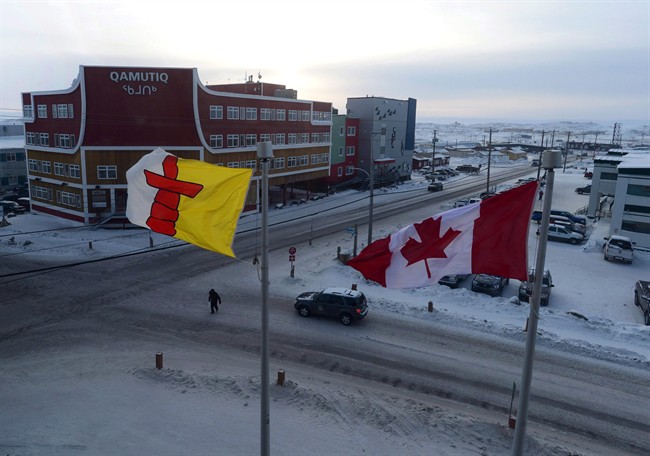
But he points out that Nunavut and the Northwest Territories are the only places in Canada that don’t have civilian oversight. Yukon contracts with the Alberta Serious Incident Response Team, an independent police watchdog.
“I think that’s something that would work within our territory,” he said.
READ MORE: B.C. police watchdog’s new boss aims to improve transparency, relations with police
Such oversight was debated in the Nunavut legislature in 2015. A committee has been studying it since 2016.
“The Department of Justice completed a cross-jurisdictional scan comparing all models of policing oversight across Canada and is reviewing the viability of these options,” said spokeswoman Matilda Madekufamba.
Lightstone said he has solid support from many of his fellow MLAs — especially after they saw the cellblock footage.
“They were all just as shocked as I was. They’re all in agreement with me.”
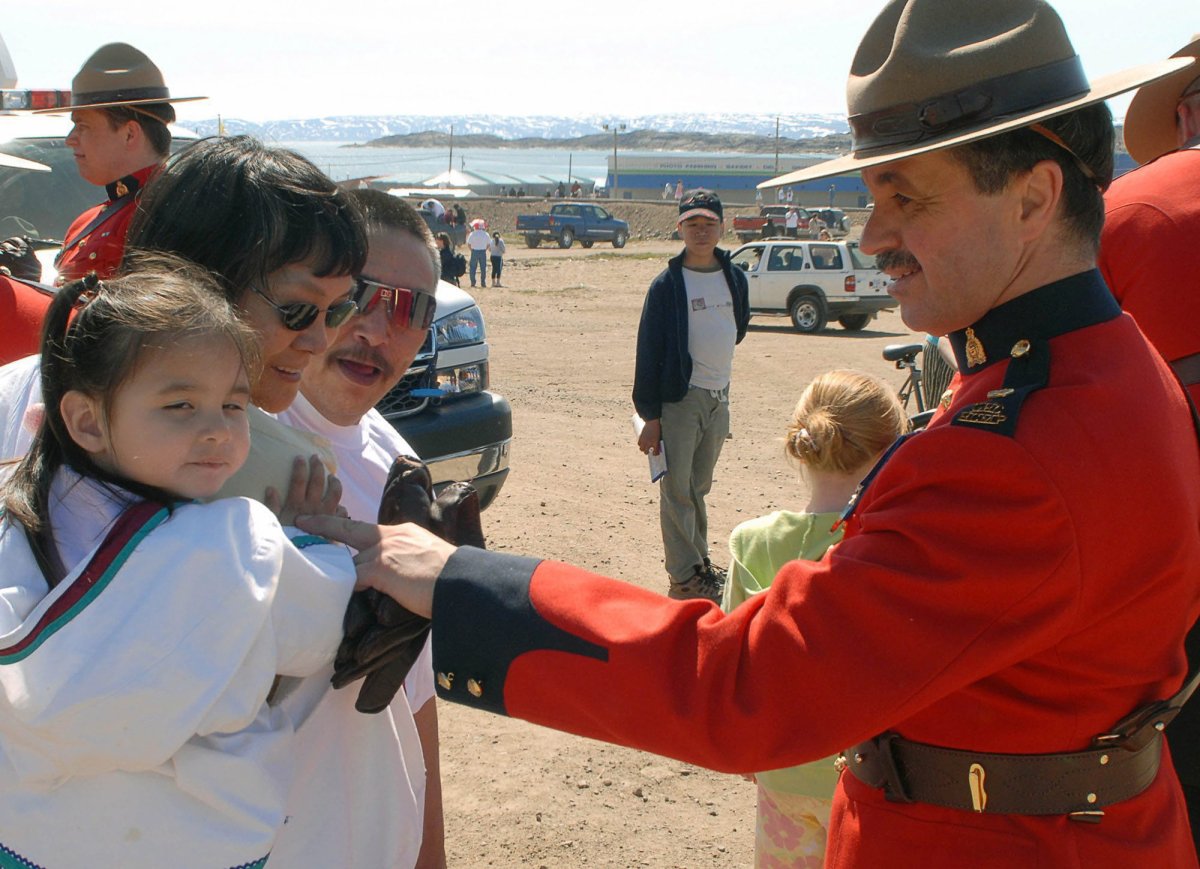
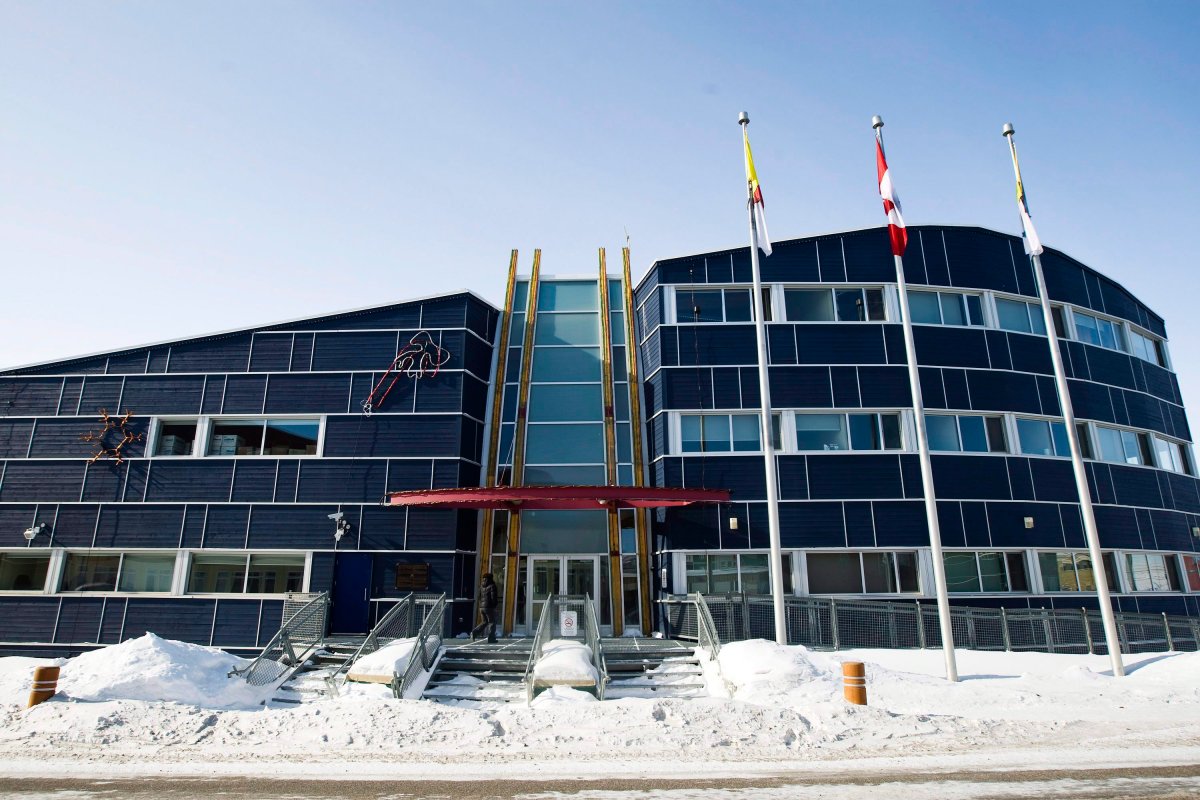
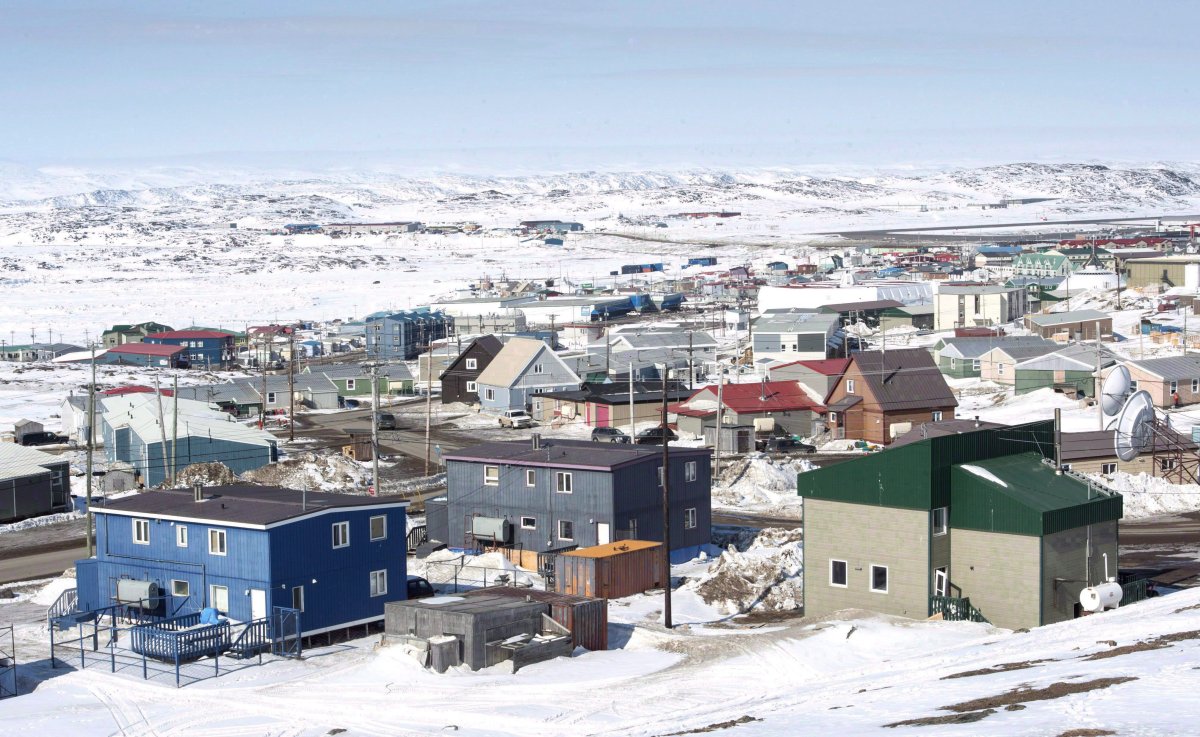
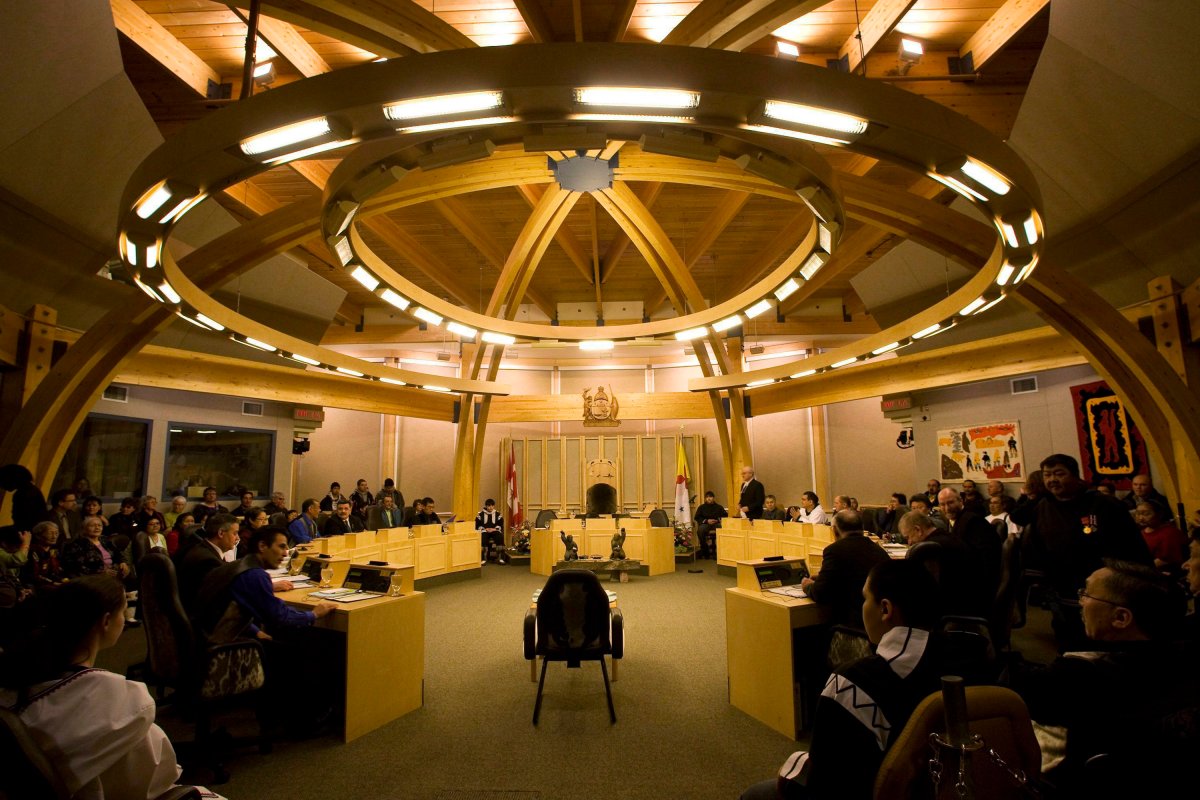


Comments